2025
Comparably’s Best Company Outlook
* Providing engineering services in these locations through SWCA Environmental Consulting & Engineering, Inc., an affiliate of SWCA.

From the experts we hire, to the clients we partner with, our greatest opportunity for success lies in our ability to bring the best team together for every project.
That’s why:
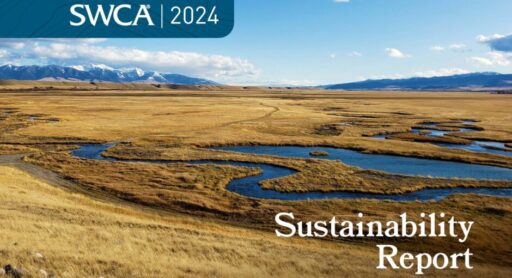
At SWCA, sustainability means balancing humanity’s social, economic, and environmental needs to provide a healthy planet for future generations.
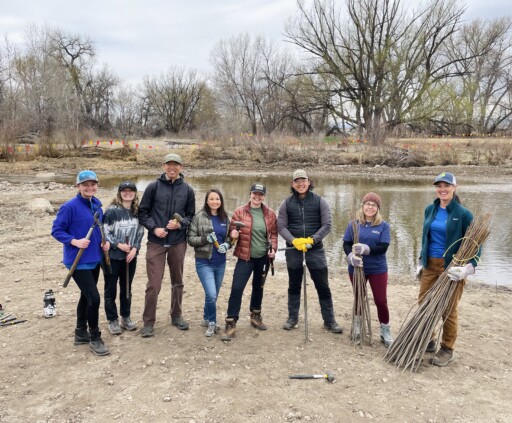
SWCA employs smart, talented, problem-solvers dedicated to our purpose of preserving natural and cultural resources for tomorrow while enabling projects that benefit people today.
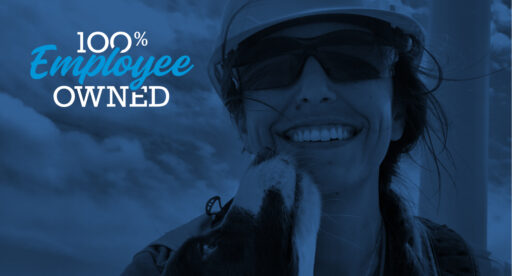
At SWCA, you’re not just an employee. You’re an owner. Everyone you work with has a stake in your success, so your hard work pays off – for the clients, for the company, and for your retirement goals.
Unpacking EPR Series: The Basics of Extended Producer Responsibility (EPR) Packaging Laws
As cities and municipalities across the United States contend with increasing volumes of waste, state lawmakers are enacting extended producer responsibility (EPR) legislation.
Tristan Steichen has more than 30 years of experience with global consumer product companies developing sustainability strategies, including the financial quantification of sustainability risks (including new legislation) and the business benefits of alternative solutions. Tristan’s technical expertise focuses on recycling and circular economy system implementation.
Tristan also serves as the Executive Director of the National Lubricant Container Recycling Coalition. Tristan has been leading the NLCRC since its inception in 2020. Initially focused on building a national recycling program for lubricant packaging, the NLCRC has expanded to include legislative advocacy, with a focus on Extended Producer Responsibility and other packaging-related legislation. Tristan is currently leading the NLCRC’s efforts to introduce a lubricant industry focused EPR bill in California.

Laura Nelson is an experienced leader and trusted advisor with over 18 years of experience in the environmental and sustainability services field. Laura has provided strategic sustainability services to clients in the food and beverage, consumer goods, manufacturing, technology, finance and energy industries. She has particular expertise in sustainability/ESG disclosure frameworks and standards, bolstered by a recent two-year position on the technical staff at the IFRS Foundation. Laura has also served as an Associate Director and facilitator for sustainability coalitions including the Beverage Industry Environmental Roundtable and the ISSB Technical Reference Group. As a Principal Sustainability Consultant, Laura provides clients with solutions that proactively address sustainability risks, recognize opportunities, build internal competency and governance of sustainability matters, and help navigate the complex sustainability disclosure landscape.



As cities and municipalities across the United States contend with increasing volumes of waste, state lawmakers are enacting extended producer responsibility (EPR) legislation. In the past few years, five states have passed EPR laws for packaging waste — Maine, Oregon, California, Colorado, and Minnesota — with more states introducing legislation every year. We expect the trend to continue in 2025 and beyond.
These laws are reshaping how packaging is managed across the value chain, presenting significant challenges as well as creating opportunities for consumer goods companies. In this four-part series, we’ll simplify the complexities of EPR packaging laws in the United States and explain their impact on producers and brand owners. First up: the basics of EPR packaging laws.
EPR is a policy approach that shifts the responsibility for funding post-consumer packaging collection, logistics, and recycling from local municipalities onto the producers of products. EPR is intended to help achieve state-level environmental goals, such as reducing the amount of waste in landfills, increasing recycling, and encouraging innovation by incentivizing more sustainable packaging designs. As there is no current national EPR law, legislation varies by state.
EPR packaging laws mandate that producers (e.g., brand owners or their licensees) pay fees based on the total amount of their distributed (sold) products. To manage compliance with this initiative, states task producer responsibility organizations (PROs) with collecting these fees and using them to improve recycling infrastructure.
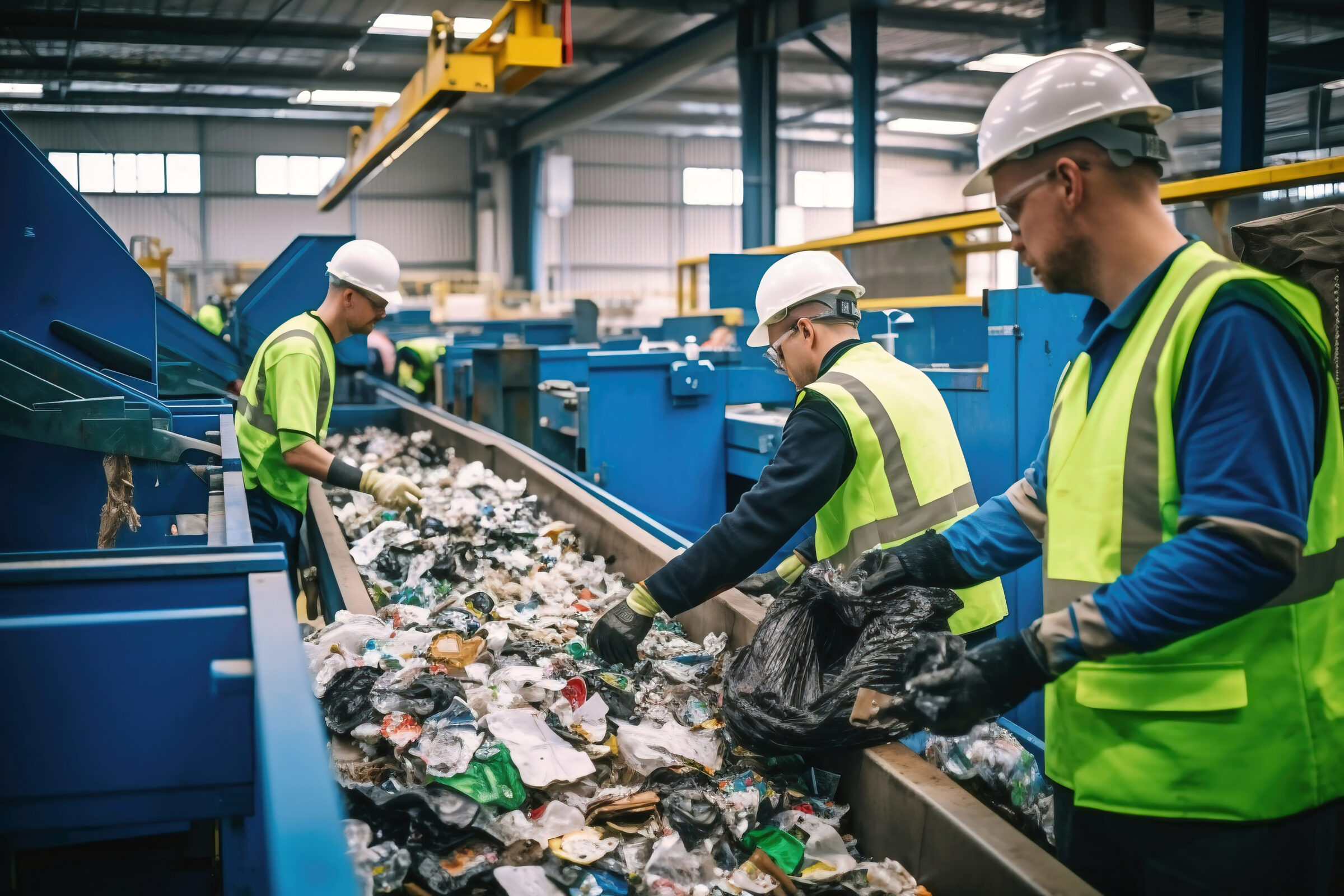
Maine and Oregon were the first states to enact EPR packaging laws in 2021, followed by California and Colorado in 2022, and Minnesota in 2024. Currently, each of these states is detailing the requirements of its EPR programs through policymaking, including implementation timelines and critical milestones. These include the deadlines for producers to either assign or join a PRO, submit sales or distribution data (i.e., EPR reporting), and pay fees.
While the premise remains the same, programs vary from state to state. Legislation can differ in the types of products covered, the degree to which producers assume financial and operational responsibility, specific targets, fee structure, program timelines, and more. Each state defines who has the authority to oversee the EPR program, which can affect program priorities and scope. These differences are outlined below:
Colorado and California have selected Circular Action Alliance (CAA) as the PRO. CAA is also expected to be approved as the PRO in Oregon, whereas Minnesota and Maine are still pending PRO selection. CAA has already established deadlines for producer registration. Once producers register as a participant for each state, the PRO shares additional information with the producer.
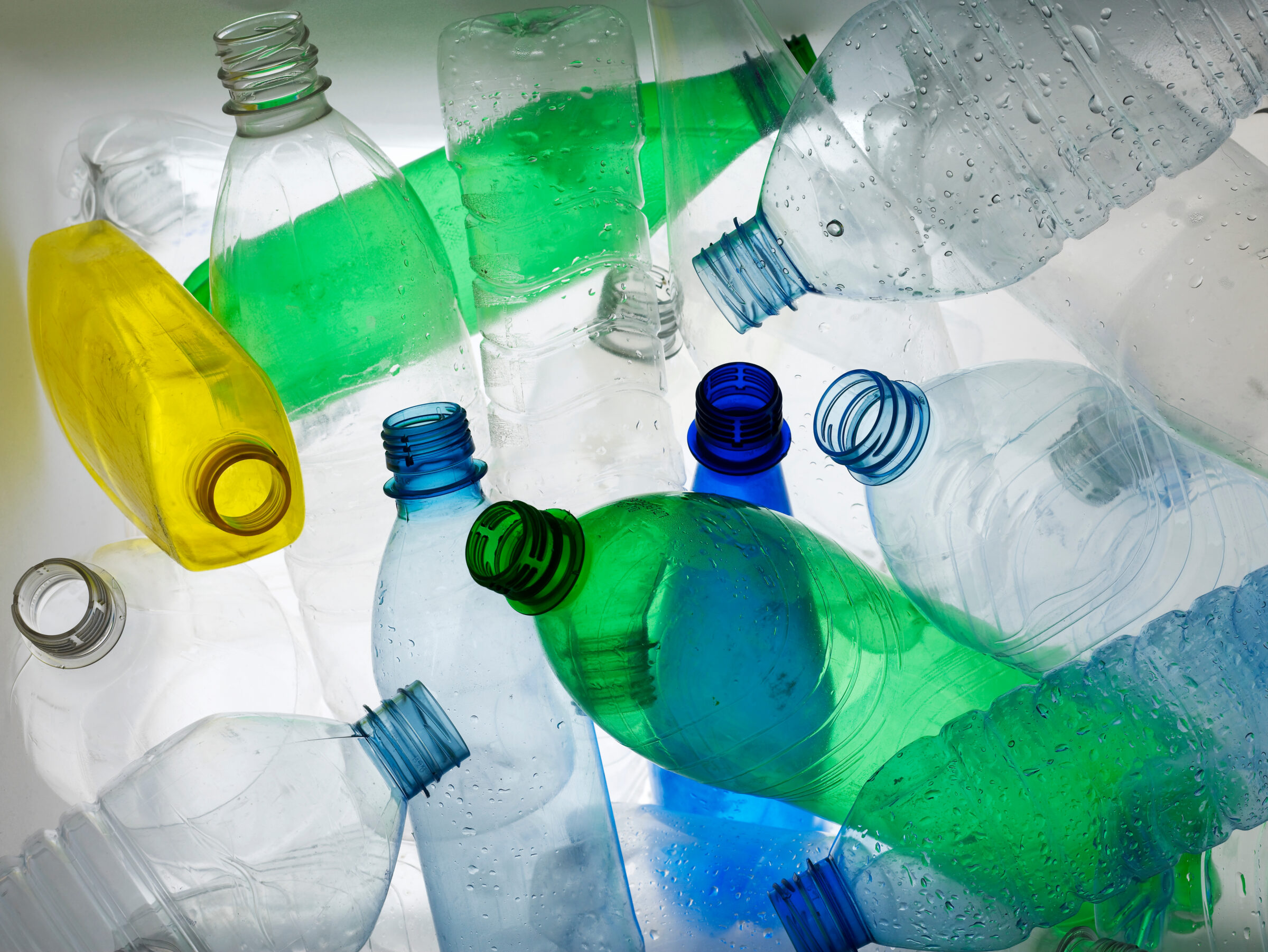
We expect the trend of states passing EPR packaging laws to continue. In 2024 alone, the following states introduced EPR packaging legislation: Washington, New Jersey, New York, Tennessee, Rhode Island, New Hampshire, Massachusetts, Hawaii, and Illinois. Beginning this year, we anticipate an average of one to two states per year to add EPR packaging laws.
As EPR packaging legislation continues to gain momentum, understanding and preparing for these changes is essential for producers and other members of the value chain. Our sustainability and management consulting experts at SWCA are at the forefront of EPR, circularity for consumer goods, and emerging sustainability compliance obligations. We’ve been leading the National Lubricant Container Recycling Coalition to accelerate the achievement of packaging recycling solutions for petroleum-based and related products in an industry that previously had no standard of recycling solutions. SWCA is ready to help you navigate the compliance process, make the business case for your sustainability efforts, facilitate collective action, and drive the circular economy.
We invite you to stay tuned to our Unpacking EPR article series as we share more insights on EPR packaging laws and how producers can prepare for compliance.